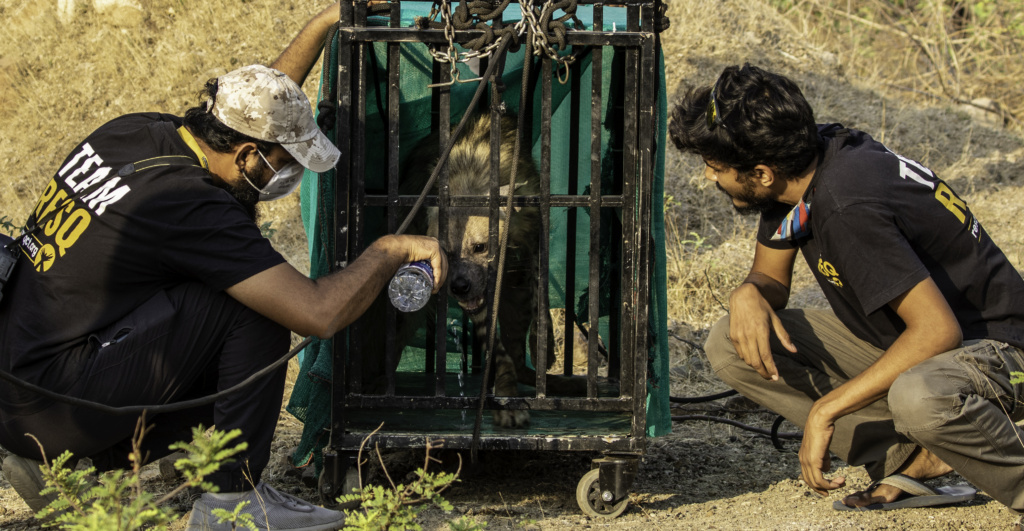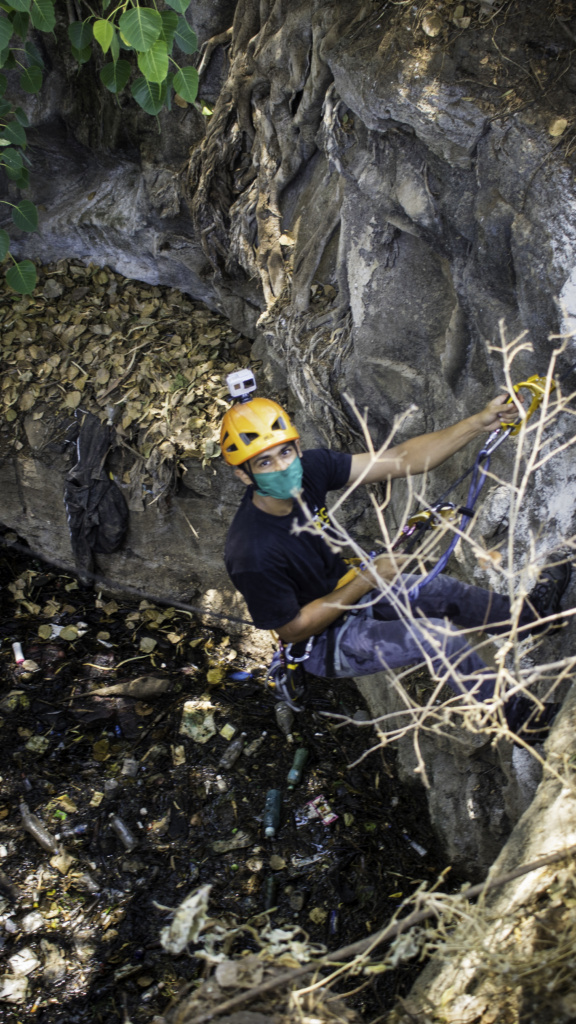Despite the lockdown due to the Covid-19 pandemic, it has been work as usual for animal rescue organisations

First published: https://www.livemint.com/mint-lounge/business-of-life/how-animal-rescue-groups-are-surviving-the-lockdown-11591302492970.html
How animal rescue groups are surviving the lockdown
Despite the lockdown, rescue and welfare organizations have been patrolling the streets of India and delivering on SOS calls, to help as many animals and birds as possible
When the lockdown was first announced in March, Neha Panchamiya, like many others, rushed to stock up on essentials. Only that, her shopping list largely included supplies for animals and their rescue operations.
She had little idea how she would manage RESQ Charitable Trust, where she’s the president, considering restrictions were put in place for movement and several supply facilities were shut. But in the past two and a half months, the 36-year-old has been working with her small team round the clock to rescue animals, reptiles and birds.
“Any kind of medical assistance is an essential service, so there was no question of halting operations. But we reduced our team to 15 from 45 as a precautionary measure, which meant more responsibilities.We had to stock up on fuel (for the ambulance) since not all pumps were operational. We had to get permits only when we were hopping across districts,” informs Panchamiya.

Despite the lockdown, rescue and welfare organizations have been patrolling the streets of India and delivering on SOS calls, to help as many animals and birds as possible. The job, however, has been full of new challenges and unique solutions.
Members of Mumbai’s Resqink Association for Wildlife Welfare (RAWW), who have been on their toes despite the consistent spike in covid-19 cases in the city, had initially planned on cutting down operations.
“But we ended up covering more areas because many other organizations and volunteers weren’t able to function due to reduced staff and travel restrictions. We rescued some 80 bird species from south Mumbai in the last one month, which is an area we don’t otherwise visit,” says Pawan Sharma, 28, founder of RAWW.
One of their challenging cases was when a spotted deer fell through the roof of a home in Powai. More than the rescue, dealing with a mob of some 400 curious onlookers turned out to be more demanding for the team. “There had been 12 covid cases in the area on the same day. Yet, everyone wanted a peek at what was going on. We’ve been taking all the precautions but had to be extra careful that day,” says Sharma.
RESQ Charitable Trust, on the other hand, had cases like a dehydrated leopard stuck in a well and a starving emu lying in the middle of the street.
Though the lockdown meant fewer casualties related to road accidents, there was a new problem of people abandoning their pets after widespread rumours of the virus spreading through animals. The RESQ team came across many dogs that had been dumped by the side of the road.
“People have a million reasons to abandon pets. The virus is just one more,” says Panchamiya.
Closure of restaurants further added to the misery of stray animals, who depend on scraps from the eateries.To address the issue, Udaipur’s Animal Aid Unlimited (AAU) formed a team of 40 volunteers and supplied food and medicines. They also offered basic first aid tips over the phone so that they could tend to animals in their respective areas. “We had to be patient when it came to accessing areas that had reported a high number of cases. But besides that, we regularly sent supplies to our volunteers,” says Rajkishore Verma, 35, who’s in-charge of educational outreach at AAU.
Panchamiya, too, identified feeders around Pune and worked with local authorities to get passes so that they could step out of their houses. “It was vital to find feeders who would work while adhering to the lockdown rules,” says Panchamiya.
Through a fundraising campaign, RESQ generated 35 tonnes of food that was distributed among feeders.
But like most other sectors, the time ahead looks uncertain for those working in the field of animal rescue. Panchamiya is especially worried, given that organizations like RESQ depend entirely on the goodwill of people when it comes to funding. Sharma believes retaining staff and finding volunteers will be a task, since most have witnessed the risk of exposure. He also highlights the perpetual threat to the environment that has resulted in the current situation.
“When things will start getting normal, human race will look to cope up with what they’ve lost. We will again end up ruining the environment. What we are seeing today is a result of the harm we’ve caused over generations. It’s time we address the bigger picture,” says Sharma.